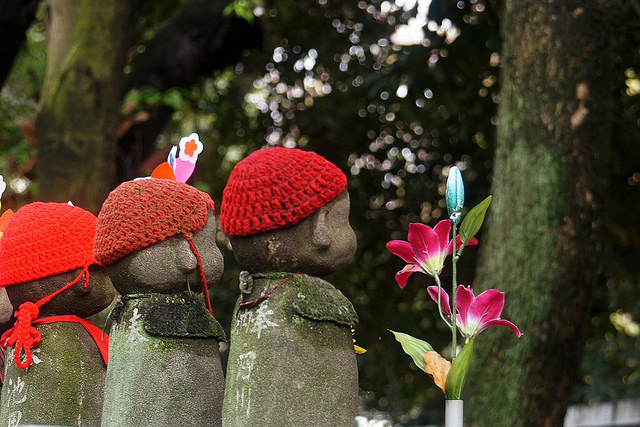One in four pregnancies will end in the loss of the baby through early pregnancy loss, miscarriage or stillbirth.
Much-wanted and much-loved babies pass away and it’s incredibly painful for those who couldn’t wait to get to know them, yet as a society we don’t talk about miscarriage.
Why is it that many women and men often feel a huge sense of shame because their baby didn’t make it?
In my work as a bereavement counsellor, I am frequently amazed at how clients whisper with embarrassment, that they had a miscarriage and are finding it hard to cope. Yet when I too suffered the loss of three babies , I didn’t tell everyone.
Why are we so hesitant about sharing this loss?
Here are five possible clues about why we don’t talk freely about the loss of a baby.
1. We are uncertain when life really begins.
When is a baby a baby? When we hold them? When they look like they do in the nappy and formula adverts? The majority of women who suffer a loss fell unconditionally in love with their baby when they saw those two lines on the pregnancy test. All you have to do is read the many internet forums bursting with grief at the loss of a baby never met, but loved.
2. We usually don’t know the baby’s gender yet.
Would it make it easier to talk about if we knew whether the baby was a boy or a girl? In counselling there is a term called disenfranchised grief. This category of grief does what it says on the tin. We often feel more disenfranchised when we don’t know the gender. I always encourage my clients trust their intuition. I tell them if they feel that they baby was a certain gender then they should trust this inner knowledge. Their inner sense of knowing whether they carried a boy or a girl can give women some peace and a little healing. It validates their baby’s short physical existence.
3. It’s seen as a “women’s issue.”
We don’t like to go there. For women in particular, losing a baby is an invasive procedure. Whether we chose the natural or surgical route to passing the baby, the sense of magic that a body can produce another human being is shattered forever when we go through a miscarriage. It’s traumatic, and women are not encouraged to talk about. In fact we are often told to just to move, get on with it.
4. We are afraid to talk about death and our own mortality.
Many women refer to the fact that they are mummies to “angel babies.” This is the term used on thousands of internet forums and Facebook pages that often seems to provide peace to those who are grieving. We are still so uncomfortable talking about death. It reminds us of our own mortality.
And what of the afterlife for these babies? My belief is that I will meet my three babies again in the next life and this gives me some comfort, yet often we are not encouraged to think this way. Our babies’ short lives are not validated at all, when we so need them to be.
In counselling, a level of acceptance can bring a sense of peace. However, if our wider community—our friends and family— don’t acknowledge our loss, it can be harder to foster acceptance within ourselves and this can impact on the healing process.
5. The belief that getting pregnant again will fix everything.
Maybe people around us hope that we can move on by having another baby. One pregnancy and baby cannot simply be replaced for another, and to suggest this to a mother who has experienced this kind of loss is dismissive of the baby who didn’t make it as well as of the grief experienced by the mother.
Overcoming the loss of a baby is hard and it is not made easier by the sense of shame attached to this type of grief. The pain of losing a baby never leaves us, but we learn to carry it.
With a miscarriage, we often do not have a grave to visit. All we may have is a pregnancy test and a copy of the ultrasound if we are lucky.
So how do we recover from the loss of a baby? I have four suggestions that might help.
1. Know that you are entitled to grieve your baby.
2. Seek support—whether it be through family member, friend or a counsellor. Look for someone who will listen, really listen.
3. Develop a self care plan to nurture you. You may not even feel like looking after yourself if you lose a baby, but now is the time to put you first.
4. Find a way to honour your baby’s memory. Whether it be planting a tree, buying a piece of jewellery or getting a tattoo, this can bring a sense of acceptance and acknowledgement to a grief that is often hidden away..
I believe that your grief is your link to your baby. Clients will often say to me that when their grief subsides, they often miss its intensity.
Whatever you do, be kind and gentle with yourself and remember that there is no grief without love.
~
Relephant read:
Miscarriage: The Day I Lost My Heart.
~
Author: Suzanne Trehy
Editor: Khara-Jade Warren
Image: Tatters/ Flickr
~
 Share on bsky
Share on bsky





Read 3 comments and reply